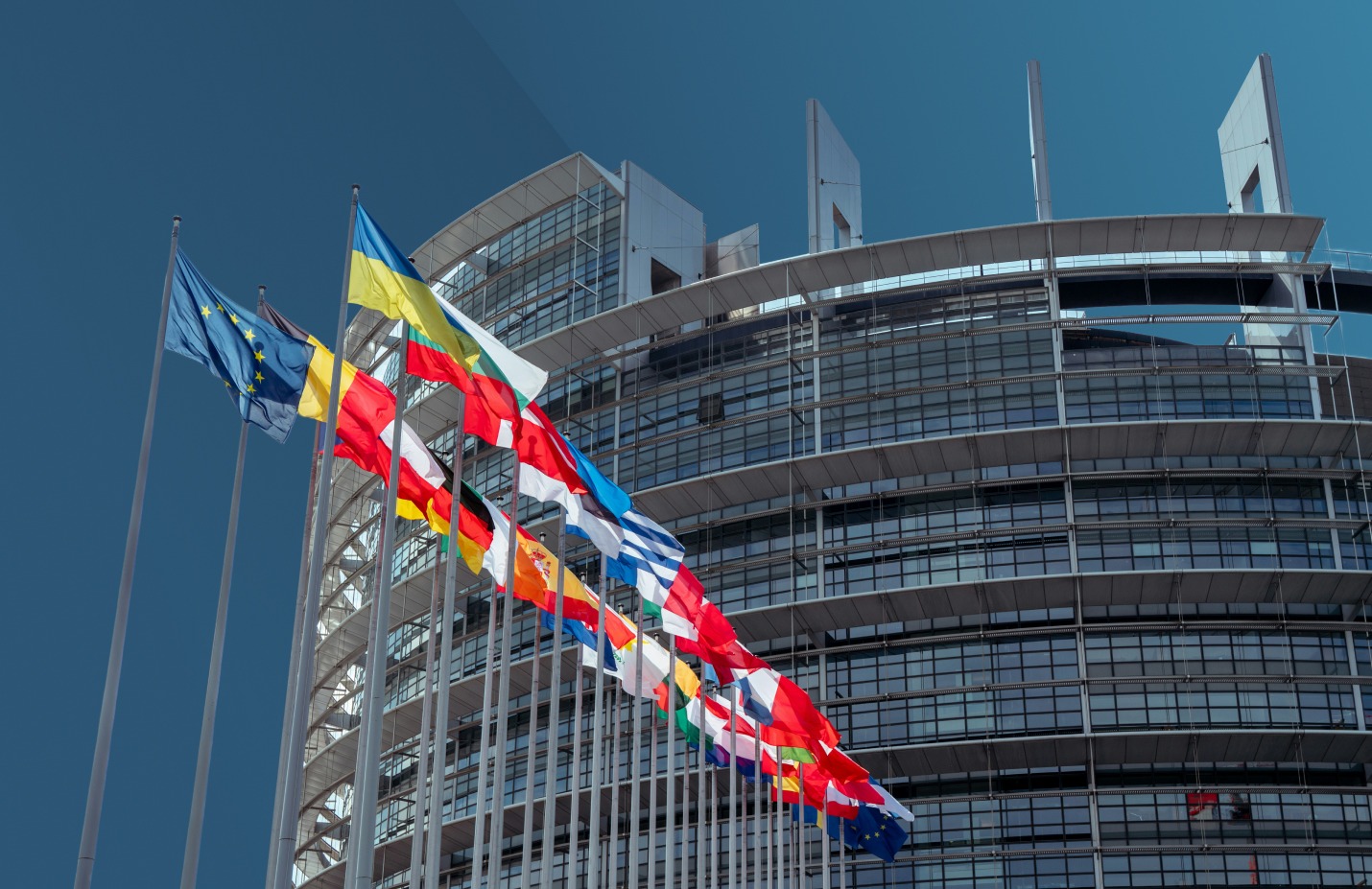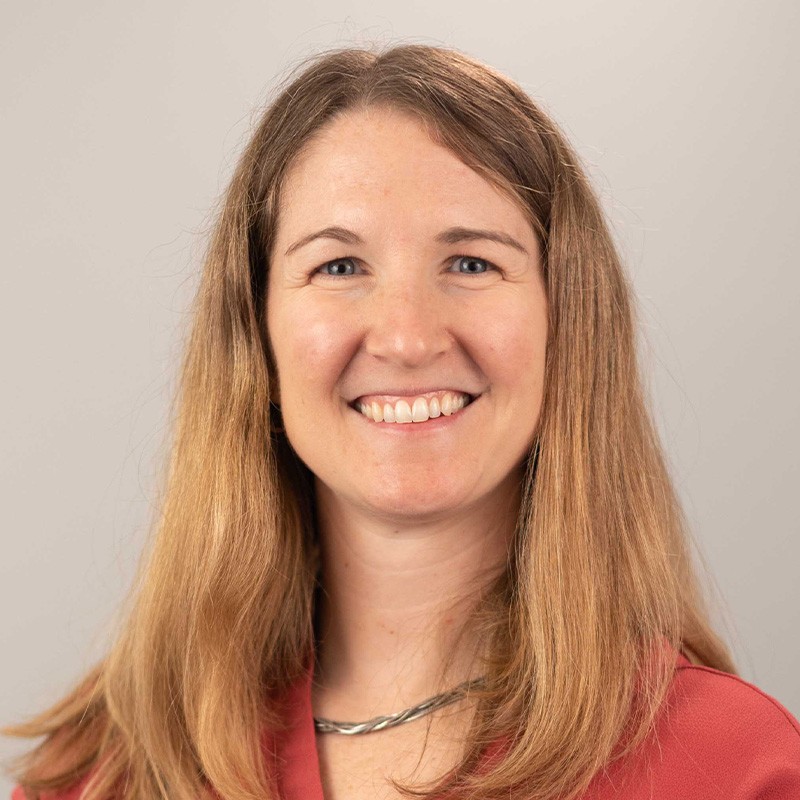A New Timeline, Not Extra Time: Navigating the EU CSRD Omnibus and Sustainability Reporting Delays

Sustainability reporting has entered a new era where transparency and accountability are at the forefront of business practices. The Corporate Sustainability Reporting Directive (CSRD) marks a major leap in corporate transparency, introducing the most rigorous sustainability reporting standards to date. But with that ambition comes complexity, and many companies have struggled to keep pace.
In response, the EU proposed a two-year delay through its Simplification Omnibus. While this offers some relief, it’s not a pause – it’s the time companies need to prepare with intention and precision.
It’s essential to recognize that the CSRD Omnibus isn’t extra time. Instead, it’s precisely the time needed to prepare thoughtfully and thoroughly.”
Preparing Amidst Uncertainty
With the European Commission set to release simplified disclosure requirements and new technical guidance by October 31, 2025, now is the time to strengthen internal systems, not pause progress.
What we know now is that while certain aspects of CSRD are being altered, most significant aspects of the regulation are likely to remain unchanged, including the mandate for limited assurance requirements.
This landmark regulation marks a significant shift from voluntary reporting to a more rigorous, externally verified process that requires close collaboration with internal audits and engagement with third-party assurance providers.
Limited assurance also increases the pressure to align finance, audit, and sustainability teams. Collaboration is critical to ensure data integrity across all reported metrics.
Enhancing Internal Readiness
Preparation involves more than just understanding the requirements. It means strengthening internal controls, enhancing data maturity, and conducting robust readiness assessments.
We’re seeing technology play an increasingly significant role in this area. Companies that invest in innovative data management tools and validation systems are not only reducing risk but also improving the quality and credibility of their sustainability disclosures.
At VOX Global, we’re using this time with clients to build internal readiness through targeted training and SME engagement. We’ve designed programs that go beyond one-time sessions – emphasizing repetition, relevance, and hands-on preparation to ensure teams are fully equipped for assurance success.
Embedding CSRD Culture into Your Organization
Successfully implementing CSRD isn’t just a matter of ticking off regulatory boxes – it demands strategic engagement with key stakeholders and a cultural shift within the organization. In our experience working directly with clients, one of the most significant mindset changes is moving sustainability reporting out of its silo.
The disclosure process can’t be the sole responsibility of the sustainability team. Instead, CSRD must become a cross-functional priority that involves collaboration with legal, internal audit, finance, HR, and operations, as well as crucial engagement with executive leadership.
We’ve seen the greatest traction when clients establish a senior-level CSRD Council or steering committee. These groups establish a framework for cross-functional alignment and foster accountability across departments. They’re also invaluable for coordinating updates, enabling peer learning, and sustaining momentum.
The Omnibus delay presents companies with a powerful opportunity to embed governance, educate senior leadership, and onboard subject matter experts (SMEs) in a thoughtful, phased manner.
We’ve seen that the most effective companies engage their people early and often by building incentives, reinforcing roles, and integrating sustainability reporting into daily operations.
Investing in the Right Resources
CSRD compliance requires an upfront investment. Companies should assess gaps and work with SMEs to determine what is needed – this often includes data management tools, additional staff, and external experts, such as legal and assurance advisors. Budgeting for these resources early will ease the transition and help build a strong reporting foundation.
Now’s the Time
The Omnibus delay isn’t a reprieve. Instead, it presents an invaluable opportunity to refine your approach to CSRD compliance. Companies that use this time to act rather than wait will be better positioned to lead in a more transparent, accountable business environment.
As the European Commission continues to refine CSRD guidance, it’s critical that companies stay engaged and monitor developments closely. Ongoing updates may shift expectations, and staying informed will help organizations remain agile and aligned with evolving requirements.
At VOX Global, we’re helping clients turn this moment into momentum. From aligning internal teams to strengthening data systems and preparing for limited assurance, we guide organizations through every step of CSRD readiness. The companies that invest now won’t just meet the directive — they’ll set the standard.








